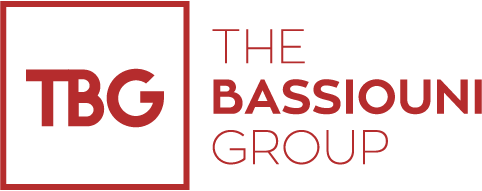We undertake critical projects for UN Agencies, INGOs, Aid Agencies, DFIs and Governments.
TBG Consulting Overview
The TBG Consulting division, which includes TBG Global Advisors (C-Suite advisory), provides a range of consulting and advisory services for INGOs, global institutions, aid/relief agencies, development banks and governments. We mainly operate in sub-Saharan Africa, MENA, Eastern Europe and Southeast Asia, and WE provide services via our practice groups (see immediately below). Our work on this front focuses on improved Leadership, Performance, Accountability and Impact.
TBG prides itself on cross-functional, collaborative solutions and we draw experts from numerous disciplines. We also work selectively with the best international professionals who are sensitive to diversity and cultural context. TBG’s Global Consultancy network spans 5 continents and consists of more than 1000 experts in 150+ countries .
Why Work with Us?
In an increasingly complex, interconnected world filled with unique challenges, it helps to have a partner that understands critical global and local issues. It helps to have a partner that is uniquely positioned to transform challenges into opportunities and navigate a clear course. Here are some of the reasons why you should consider working with us..
SDG Roots & 2030 Agenda — As a company with a strong UN track record and UN roots, we maintain a deep understanding of the Sustainable Development Goals (SDGs). We are uniquely committed to the 2030 Agenda.
Global & Multicultural Team — TBG’s Global Consultancy Network consists of 1000+ experts in 150+ countries and is supported by TBG’s Technical/Project Management Team, which takes ownership of projects from start to finish
Proven Track Record — We have a track record of excellence that stretches across 60+ countries and we have successfully executed projects for some of the largest, most complex organizations. Case studies/references available.
Hybrid Solutions & Best Practices — TBG sits in the nexus of business, politics and economics and we work with the public and private sectors. So, we are uniquely positioned to apply best practices and hybrid, customized solutions.
Ethical Commitment — We are committed to maintaining the highest ethical standards. We will not engage you as a client unless we believe in your mission and your track record demonstrates a full commitment to the SDGs.
